
For the pictures this month I used images I took but didn’t get a chance to use anywhere else (mostly they are ones I took for my photography class but didn’t submit for critique!)
Using What to Expect the Toddler Years as a guide here’s where Kye is at compared to the “norm” with development.
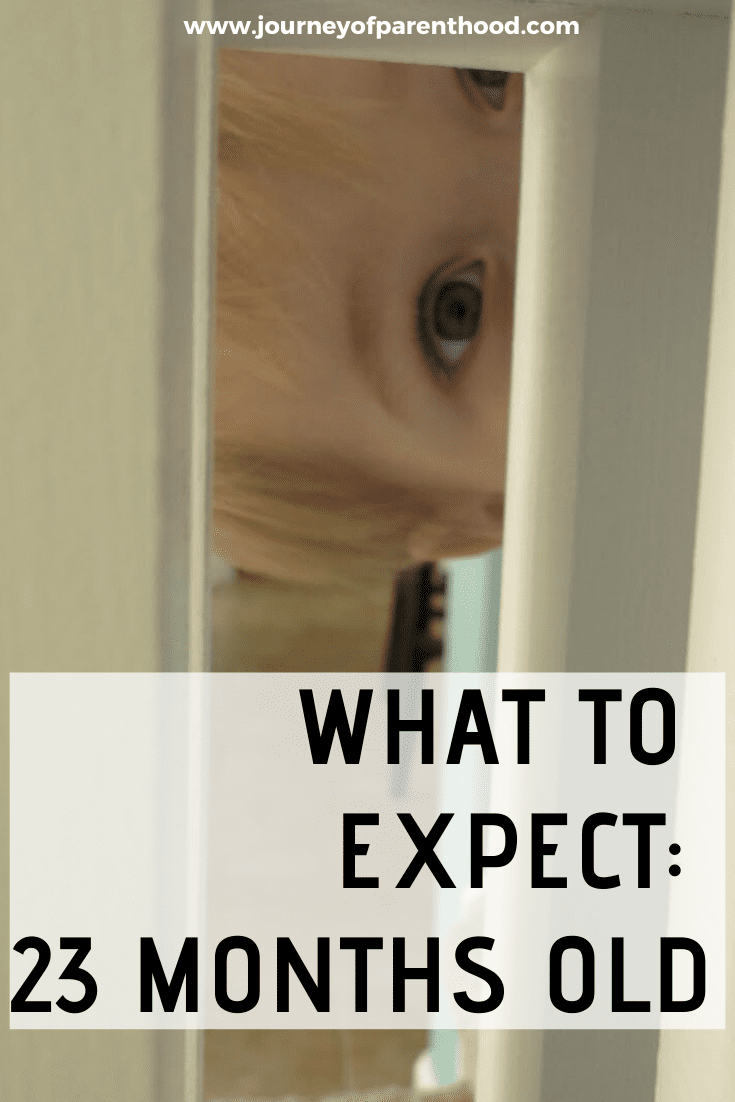
Kye can do everything a 23 month old “should be able to do” especially since it’s only one thing and that is:
- kick a small ball forward
*note: if you use my monthly blog entry as a guide for your own child please mention it to your pediatrician if your child is not able to kick a ball yet or doesn’t use symbolic play and words.
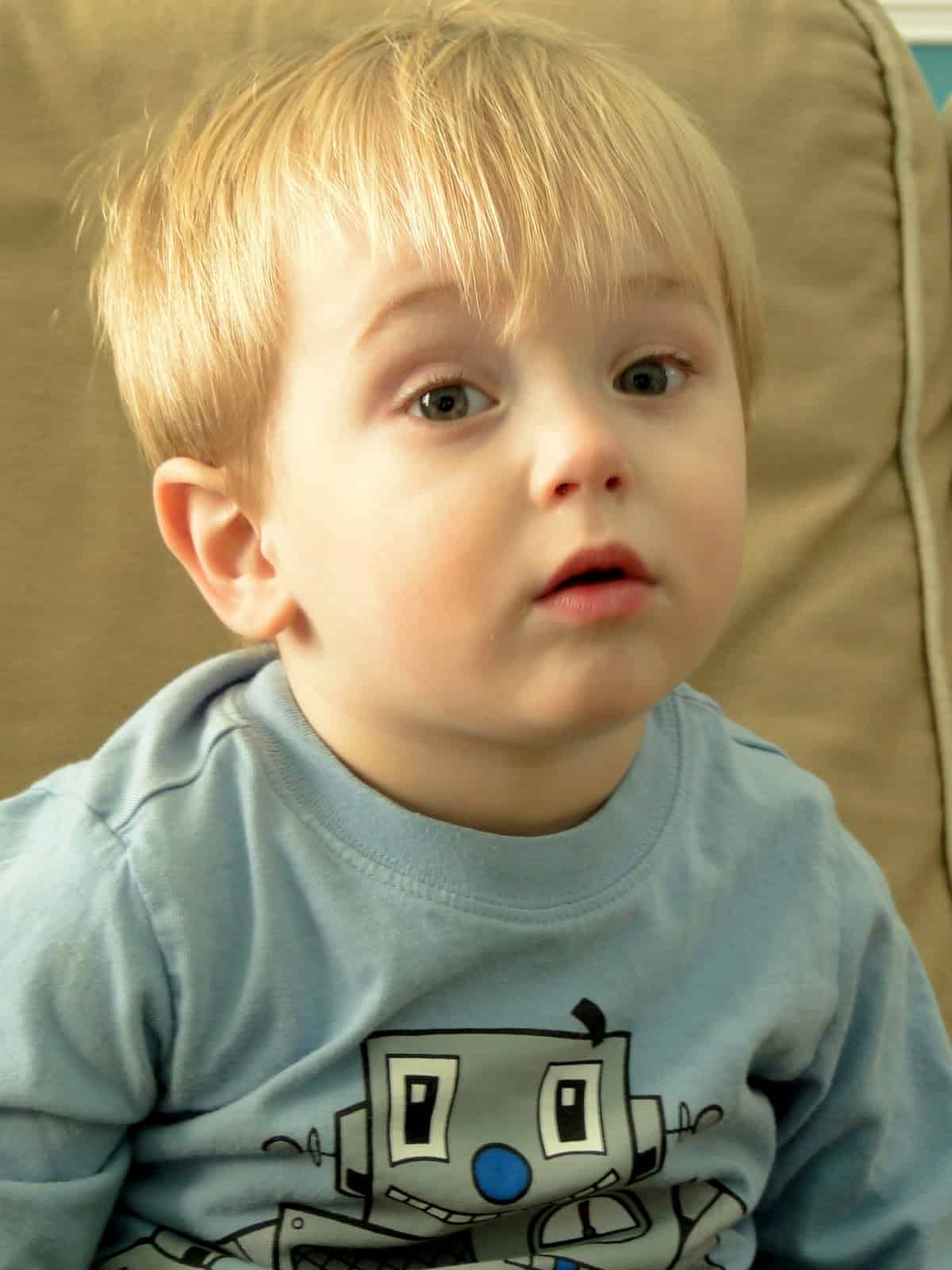
Kye is also able to do everything a 23 month old “will probably be able to do” including:
- combine words
- identify 6 body parts by naming
- use 50+ single words
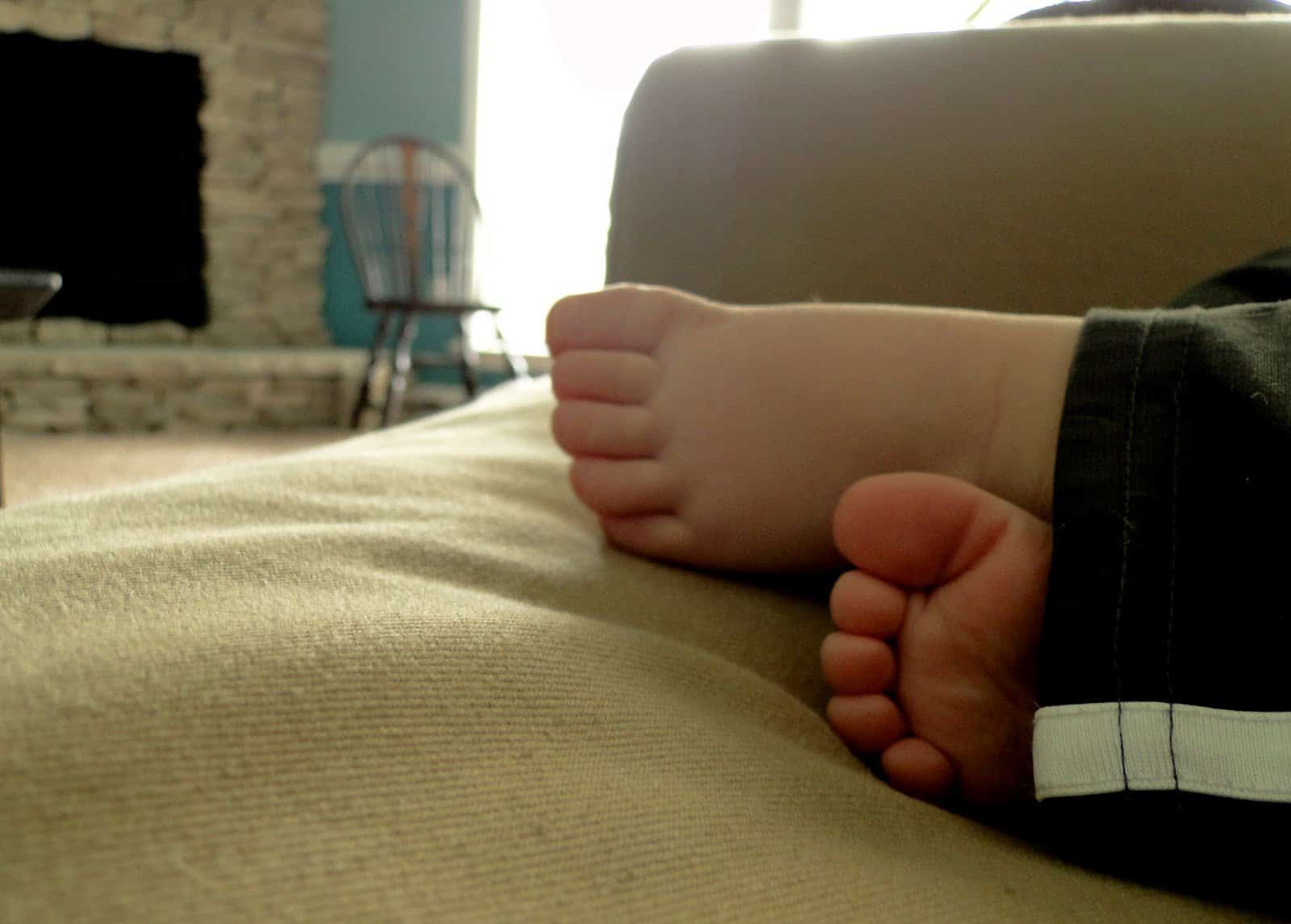
Kye can do what a 23 month old “may possibly be able to do” and that’s:
- put on one article of clothing
He can do one of the things a 23 month old “may even be able to do” and that is that he can identify four items in a picture by naming.
He cannot, however, quite do the other thing that a child his age may even be able to do and that’s use prepositions when speaking.
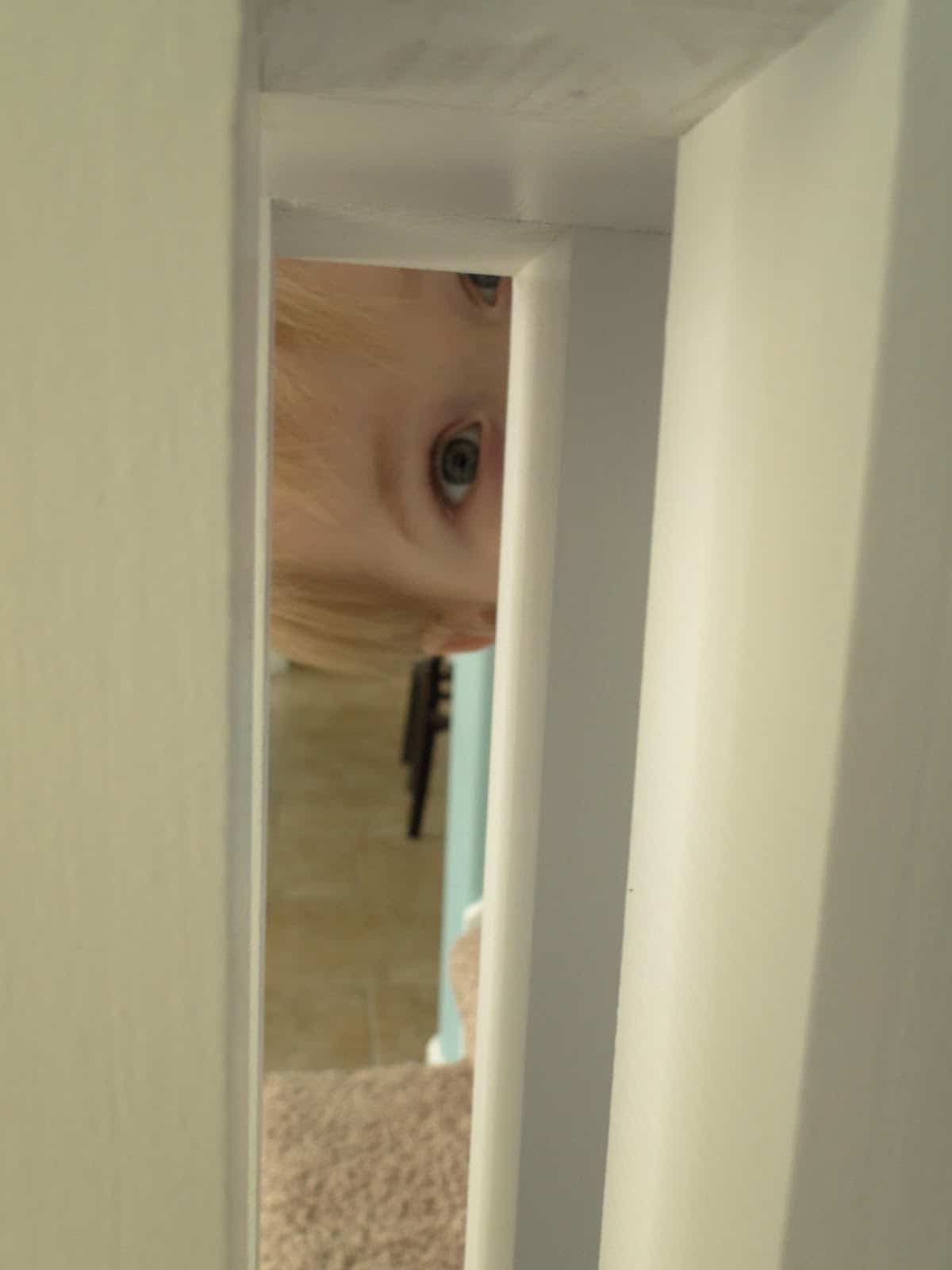
The first thing this chapter discusses is the use of one hand over the other.
We were actually just talking to Zach’s parents about this last night so I thought it’d be interesting to look into.
The hand a child will favor is genetically determined so trying to force them into using one hand over the other won’t help and could hurt them.
Handedness is not apparent until at least age three.
During these years it’s common for children to appear ambidextrous, freely switching back and forth between hands until they decide which is best for them.
You can sometimes see indications of future handedness even in young toddlers.
Some clues (the hand a child uses to throw a ball) are better predictors of handedness than others (hand he uses to hold a spoon).
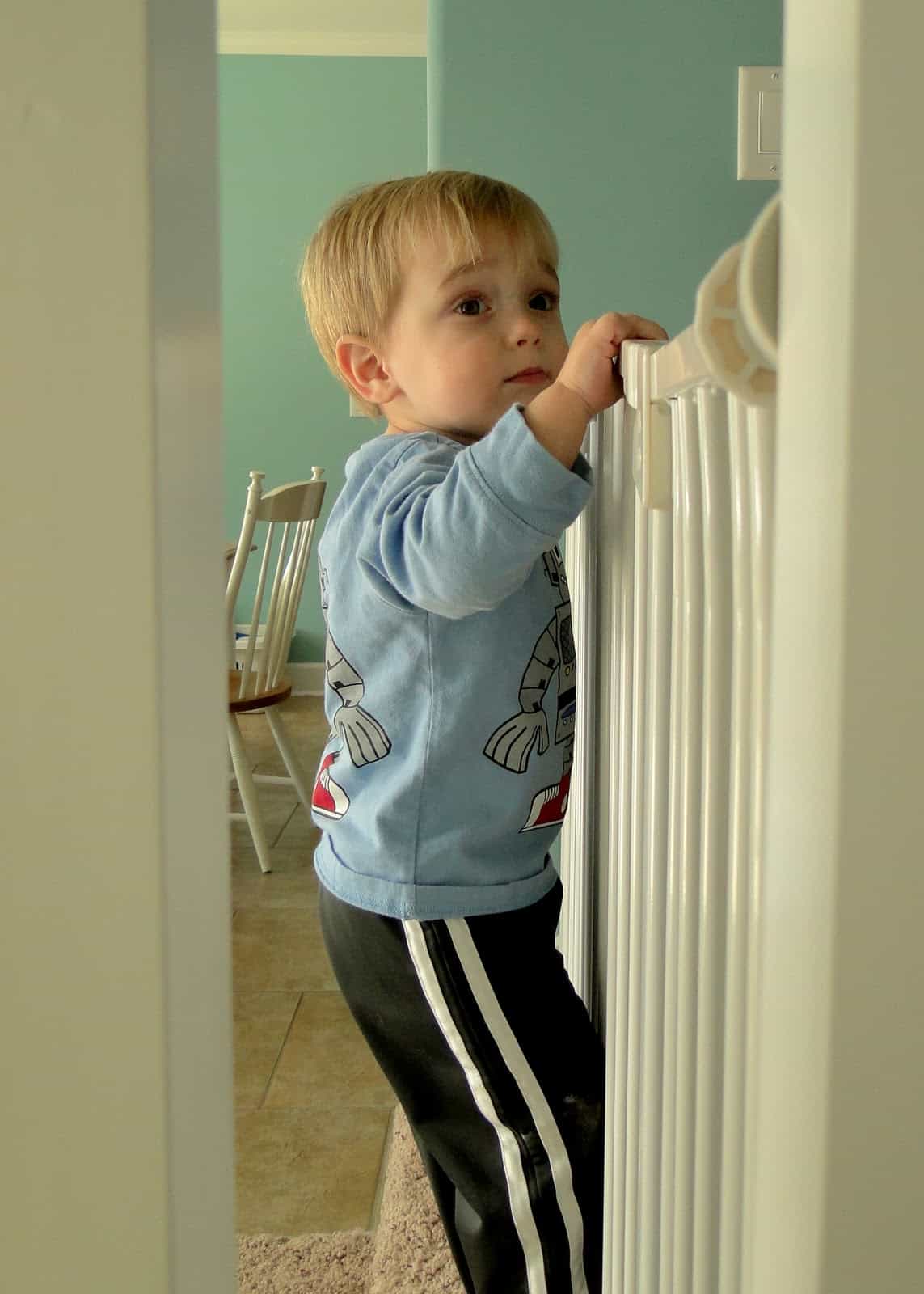
A lot of this chapter focused on issues with disobedience issues, which we don’t deal with. I did enjoy reading the sections on vocabulary though.
Kye will say things grammatically wrong at times and also still mix-up his pronoun usage (calling himself “Kye” rather than “me” or “I” for example).
I never gave any thought to it but it’s good to read that it’s normal and that I shouldn’t be correcting him.
Right now any language use is a great thing and should be encouraged. By correcting him on his “mistakes” I’d risk making him afraid to say new things.
We’ll worry with correct grammar when he gets to school 😉
(this picture is when we went to church to prepare the Lord’s Supper…Kye enjoyed practicing being a server one day!)
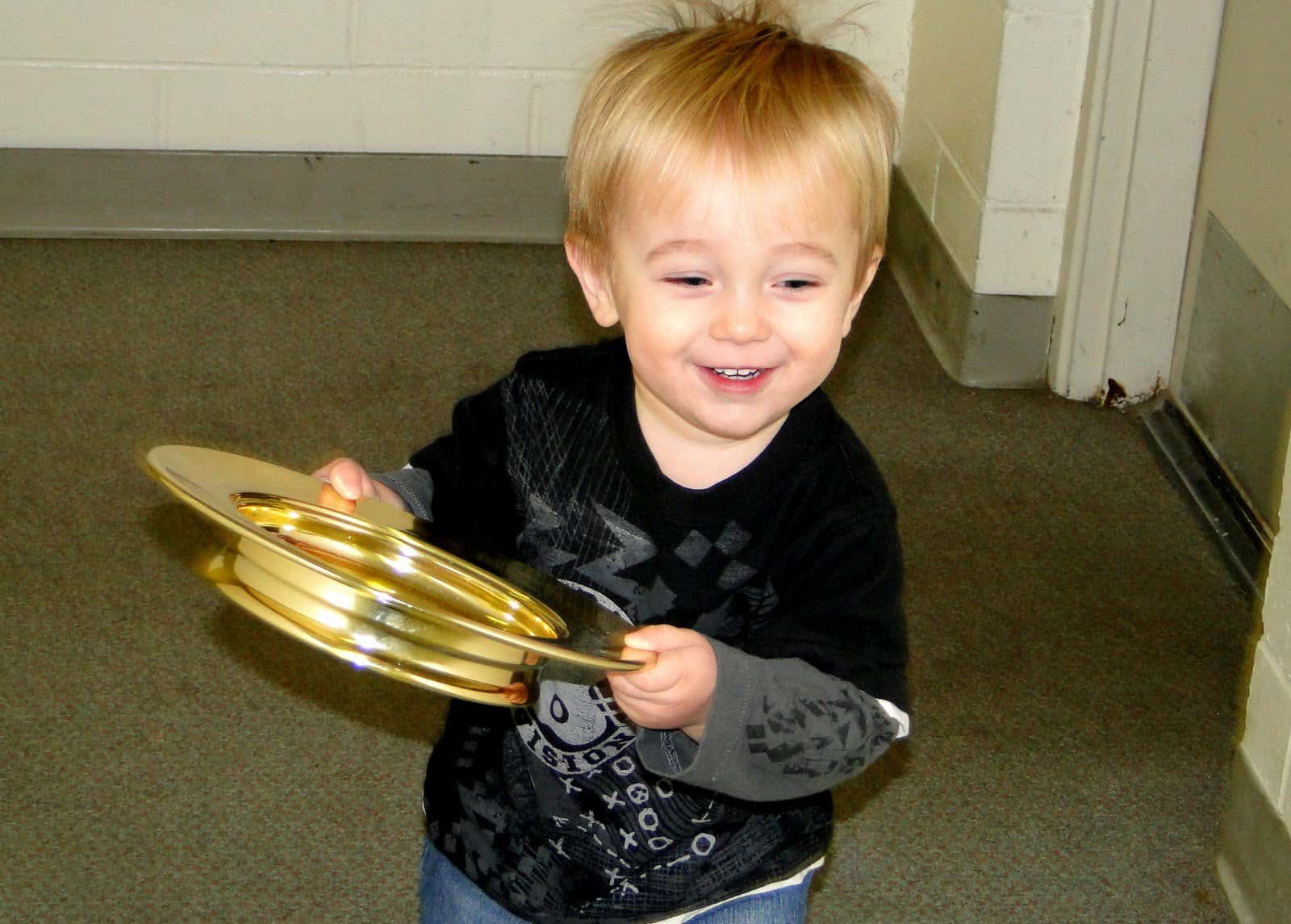
One section of the chapter talked about children this age who know their ABC’s, 123’s, and even do some reading.
Kye will count but it’s not correct counting.
He understands when there is more than one of and
He does not know his ABC’s in really any form and doesn’t read at all.
I did the Your Baby Can Read program and I can see how people would assume if my kids not reading it didn’t “work,” but I honestly didn’t have the mindset that he would learn to read from it.
I know, as a parent, that I’d need breaks and I’d be tempted to plop him down in front of the tv.
Why not go ahead and invest in a learning program so when I need those breaks at least he’s watching something semi-educational, right?
I will use it again with baby #2 someday and will probably use the cards and such a little more often, but I know that Kye is developing on track and that’s fine with us 🙂
The book says that many children at this age may be counting, identifying letters, even beginning to recognize words but that this rampant precocity in today’s toddlers is not a sure sign of giftedness.
More often, it’s a sign that these tots have been watching a lot more tv.
Some of the kids are actually picking up prereading and number skills while others are just mimicking what they see on their tv shows (which is a big critique I’ve heard of the Your Baby Can Read program actually!).
Of course tv isn’t the only way children learn these skills – intellectual nurturing in the home and innate ability are factors too.
Although there’s probably nothing wrong with this kind of head start, there’s nothing necessary about it either.
While children who have had some letter and number experience before school may enjoy a temporary edge, studies show that they don’t retain it, as other students quickly catch up.
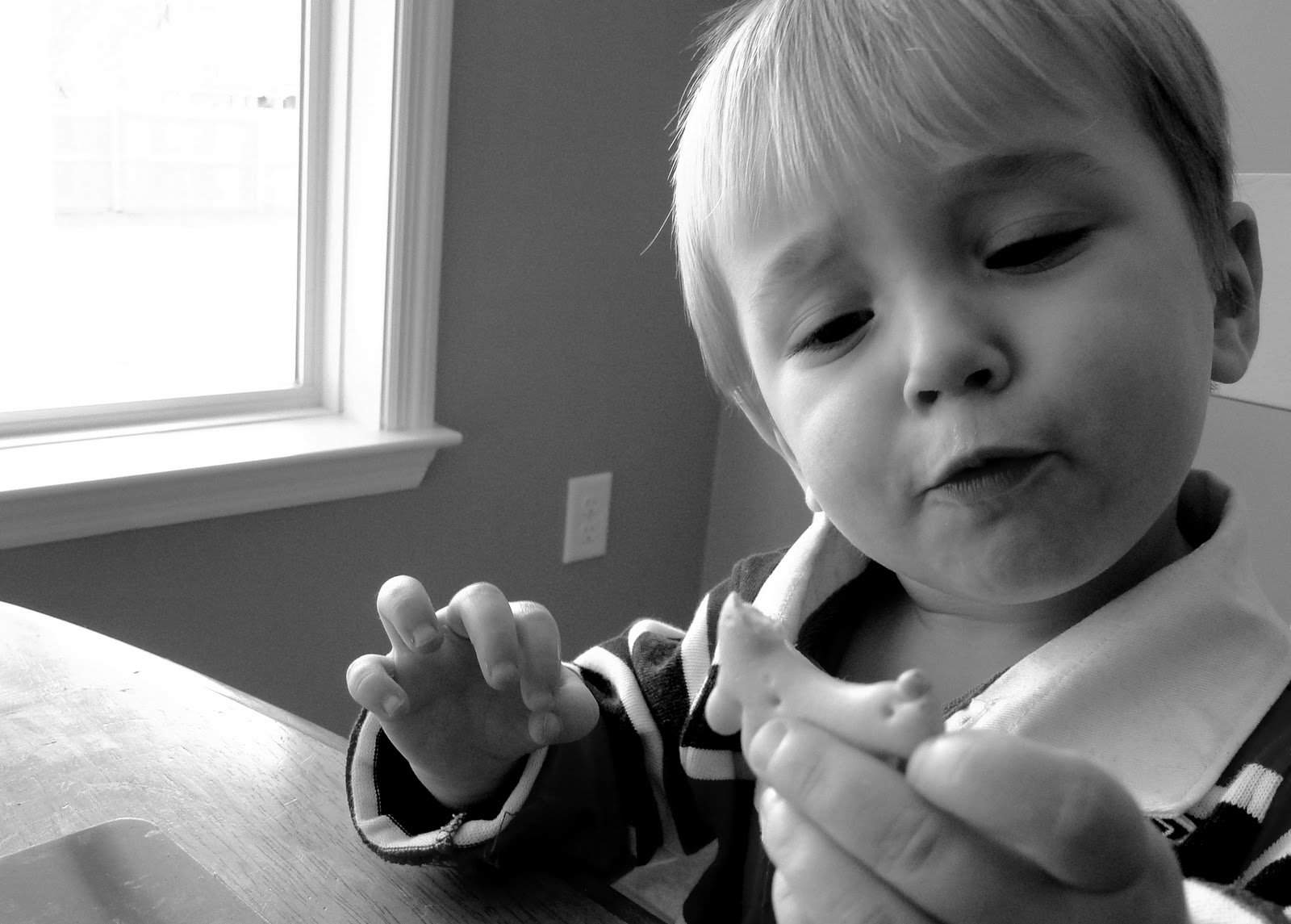
Tips to build self-esteem in your toddler:
- lay on the love (humans can’t feel good about themselves unless they know they are loved)
- lay on the attention (talk to your child and really listen when he talks – I ask Kye at dinner each night what his favorite thing was about the day and we enjoy hearing him tell us about it, even if we can’t understand him!)
- provide plenty of space (let them figure things out for themselves and don’t hoover over them)
- hold your toddler in high esteem (make them feel like valued members of the family – one whose thoughts, feelings, and desires are given equal consideration and are never belittled)
- hold yourself in high esteem (be a model of self-respect to your child)
- be fair – don’t compare (don’t compare to others in a negative way, or a positive way either
- watch your language (don’t use derogatory names or labels like “stop being a baby”; don’t stir up guilt
; and don’t say “always” or “never”) - balance expectations (find the right balance of what to expect from your child, don’t push them to do too much too soon or don’t expect too little of them either)
- make limits and expectations clear and consistent (knowing what’s expected makes a child feel confident and secure)
- validate your
toddlers feelings (teach your toddler to express their emotions in socially acceptable ways, rather than criticizing or trying to stifle them)
- let your toddler make decisions (give choices when feasible)
- criticize
contructively
- criticize the behavior, not the child
- keep criticism under control (don’t constantly be looking for things to criticize)
- give your child the gift of empathy
- nourish the body as well as the ego
- make success a cinch (provide situations where your child has to work hard to succeed but where success is reachable)
- put your toddler to work (by assigning chores around the house you help them feel useful and give them confidence in their abilities)
- learn to take it slow (don’t rush your toddler to get the task done or take it over and do it yourself as it’ll lower their self esteem)
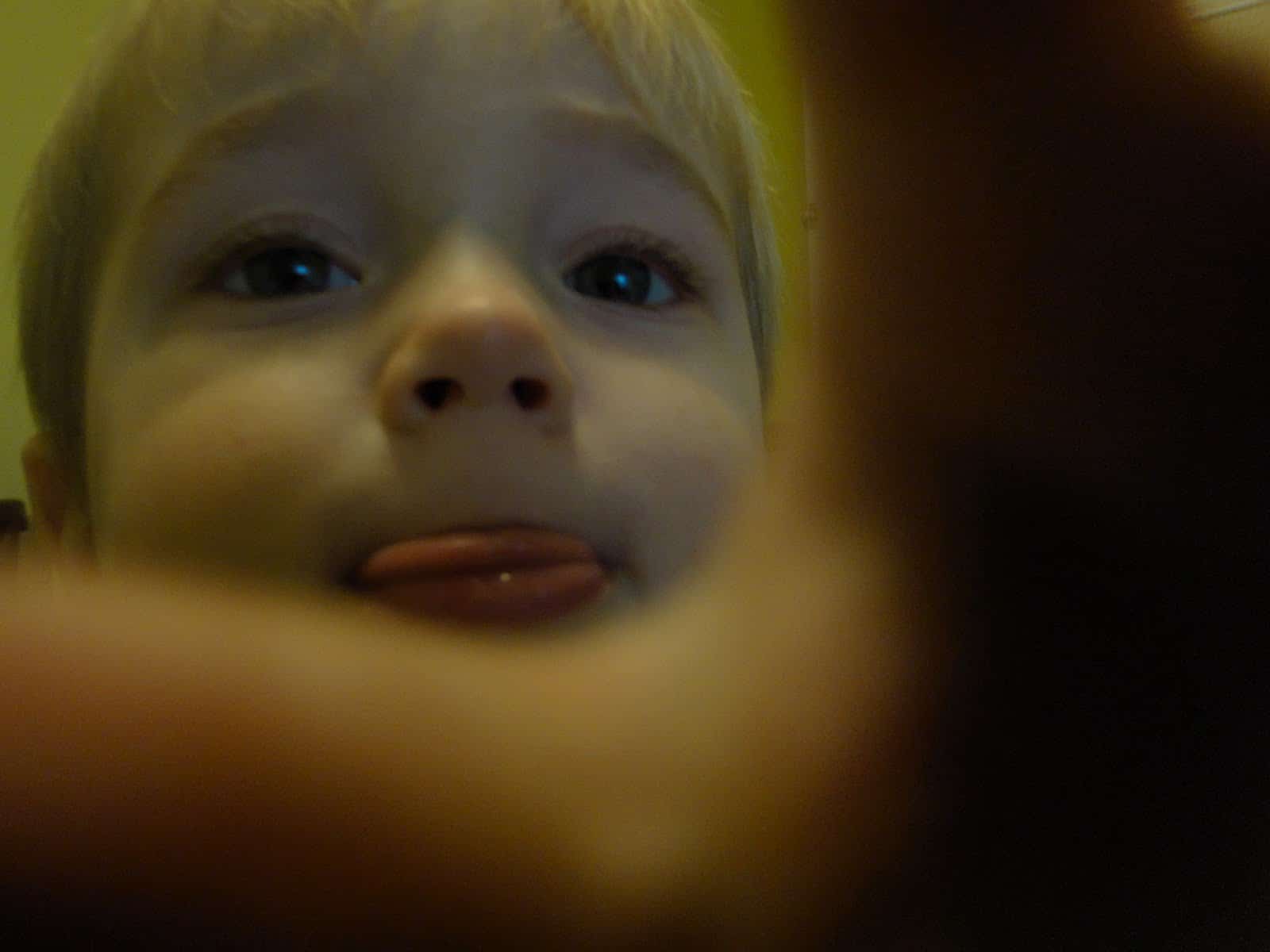
I think there were some GREAT tips on helping Kye have a great self-esteem.
I think Zach and I do a good job with most of them but what parent isn’t guilty of hurrying a child along?
I want to develop a chore chart and have him start doing chores each day.
I thought we could have a “chore time” each day and complete one of my cleaning chores together.
Kye LOVES to help and this would help him build self esteem and help me get some cleaning done 😉
One more month until the months don’t matter!!!
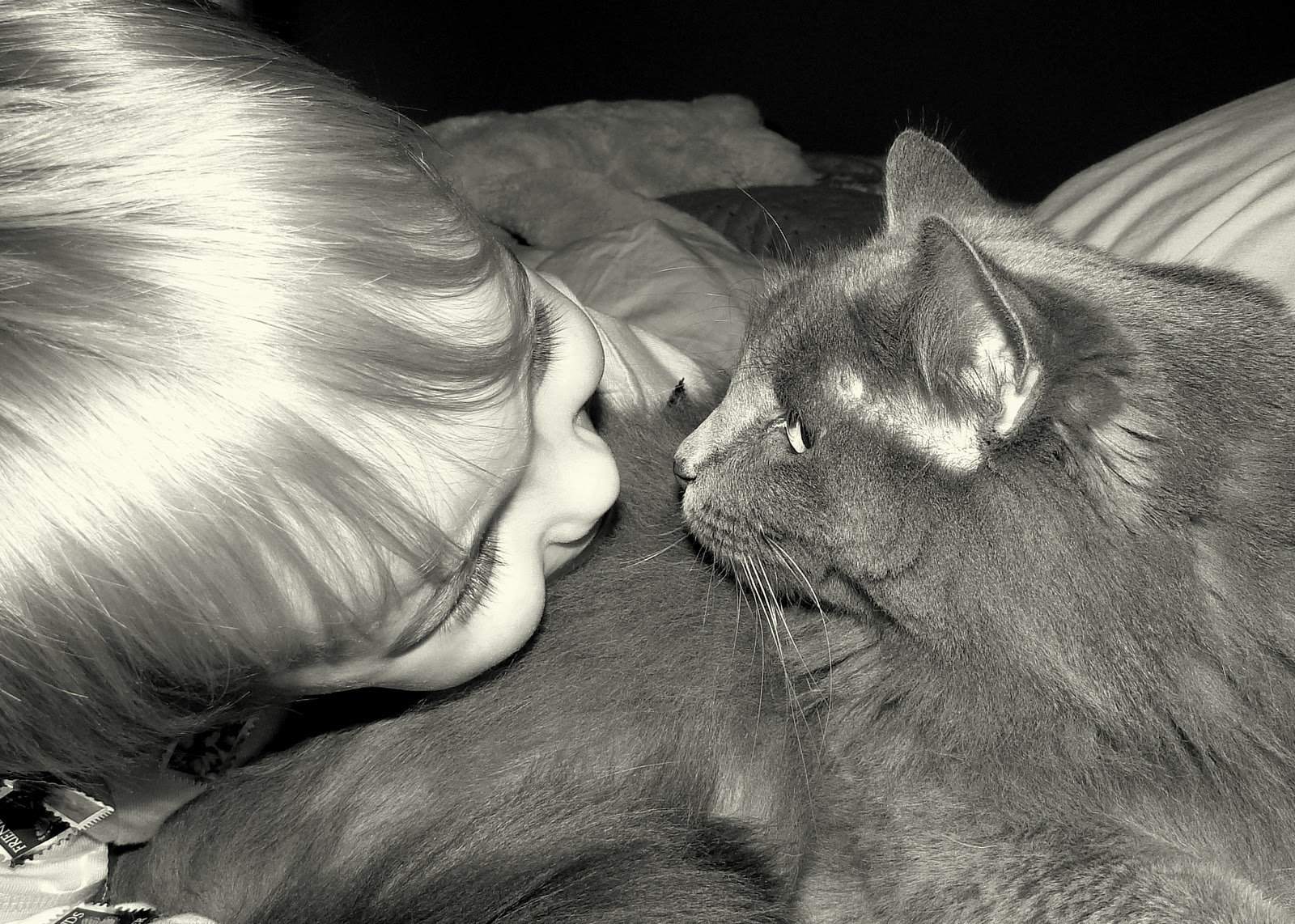
- 10th Birthday Message For My Daughter Love Mom {Tess’s 10th Birthday Letter} - June 12, 2025
- Tips to Maintain Structure While Traveling with Kids - May 22, 2025
- A Letter to my Son on His 16th Birthday From Mom (Kye’s Bday Letter) - April 30, 2025






